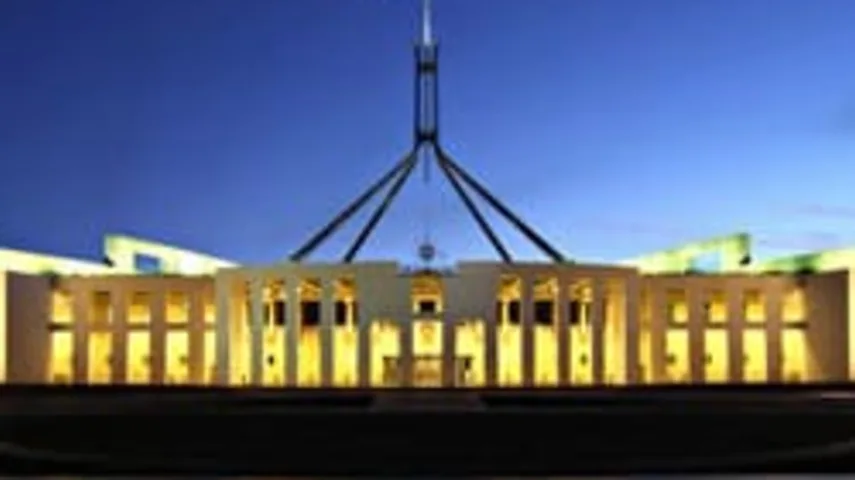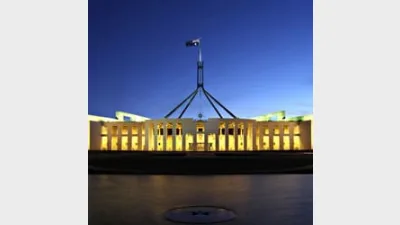Government’s superannuation tinkering takes its toll



Australian Prudential Regulation Authority and Australian Bureau of Statistics data suggest the Government’s constant tinkering with superannuation is undermining confidence in the sector.
No industry follows interest rate movements quite so closely as the Australian home-building industry, and executives in that sector will confirm that speculation about an impending interest rate rise can be almost as impactful as the interest rate rise itself.
According to the building industry executives, speculation that a rate rise might occur has been shown to actually act as a damper on client sentiment well ahead of any decision by the Reserve Bank and consequent decisions by the major trading banks.
The Federal Treasurer, Wayne Swan, might contemplate this phenomenon when he next canvasses the possibility of the Government altering the tax settings around the Australian superannuation regime.
Media reports out of Canberra recently suggested that the Government, after some months of canvassing superannuation-related tax changes, had signaled that it "had put off an overhaul of super tax concessions worth around $30 billion".
But what are superannuation fund members to make of these reports in circumstances where they know the Government is still politically committed to the delivery of a Budget surplus and where the likelihood of it actually doing so is becoming increasingly remote?
Are Australian superannuation fund members, like Australian home-buyers, adjusting their willingness to commit to the sector, commensurate with the signals being received from the Treasurer?
On all the available evidence, this is certainly proving to be the case, with data from both the Australian Bureau of Statistics and the Australian Prudential Regulation Authority suggesting that the numbers of Australians making contributions to super over and above the superannuation guarantee are at some of their lowest-ever levels, with little indication that they will quickly recover.
This, of course, has come at the same time as other data has been produced confirming the extent of Australia's retirement incomes shortfall, and therefore the need to provide maximum encouragement for Australians to embrace retirement self-sufficiency, including a shift away from the inappropriate cashing-out of super lump sums.
If the Government wants to encourage people to commit more to retirement self-sufficiency it needs to realise that the most appropriate vehicle for doing so is superannuation.
It must therefore also embrace the reality that Australians will not significantly commit to a system plagued by the uncertainty generated by almost perpetual Government change and speculation of change.
The Australian Labor Party has been responsible for tinkering with superannuation tax settings and policy in every Budget since it came to office 2007, with the most significant impact being its lowering of concessional contributions caps.
Thus, while the Government pursues the implementation of its Stronger Super legislation, the Treasurer may care to contemplate the manner in which his tinkering and speculation has weakened the reasons Australians might have for contributing more to super.
Recommended for you
In this episode of Relative Return Insider, host Keith Ford and AMP chief economist Shane Oliver discuss the latest shock consumer price index numbers, which rose to 3.8 per cent in October, as well as the shifting US market and calls for super funds to invest in infrastructure projects.
In this episode of Relative Return Insider, host Keith Ford and AMP chief economist Shane Oliver discuss the Reserve Bank of Australia’s cautious stance in response to persistent inflation, subdued growth prospects, and political shifts affecting the nation’s journey towards net zero emissions.
In this episode of Relative Return, host Laura Dew speaks with Rachel White, head of financial adviser services at Vanguard about how advisers can help Australians to feel confident in retirement.
In this episode of Relative Return Insider, host Keith Ford and AMP deputy chief economist Diana Mousina take a look at the Reserve Bank’s unanimous decision to leave rates on hold on Melbourne Cup Day and whether future cuts are still on the cards.







